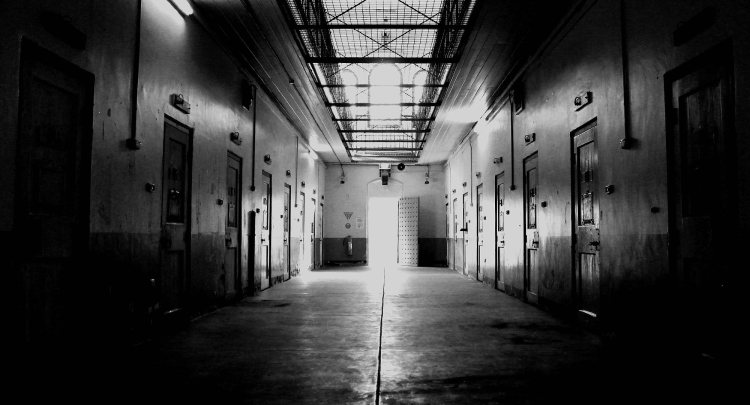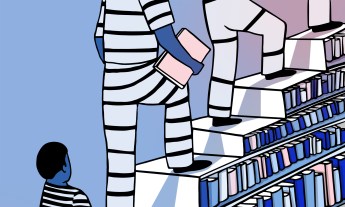
Three men were killed by lethal injection in the United States within a 24-hour period last week. That’s right, the industrial prison complex roared back into action after a botched execution in Oklahoma in April led some people to ask pressing questions that temporarily put a halt on the American system’s killing of its own citizens. Those questions now seem to have been answered satisfactorily by … someone. Nothing to see here; back to our regular programming.
I might as well come clean. I find the death penalty horrifying and I can’t believe that it still exists, particularly in a culture that claims to be civilized. The fact that the United States still executes prisoners horrifies me to my core and, frankly, makes me awfully emotional. But there are more compelling and rational arguments against it than “but but but it’s just plain wrong.” As lawyer and TED Fellow Alexander McLean puts it, “We can never have a system that works fairly to ensure that decisions about who gets the death penalty are never arbitrary or wrong.”
Listen to Shaka Senghor’s TED Talk and hear another argument against the death penalty and the criminal justice system more broadly. Senghor was not himself sentenced to death, but he did serve 19 years in prison after he killed a man in his home city of Detroit. “I was a young drug dealer with a quick temper and a semi-automatic pistol,” he says. Senghor does not downplay his actions; on the contrary, he spent those 19 years trying to figure out how to acknowledge, apologize and atone for what he did. And Senghor has been able to turn his life around; since leaving prison he works with at-risk youth in Michigan, and has been named an MIT Media Lab Fellow. His conclusion, one he embodies in his own person: We need to think about a more humane, human-centric approach to rehabilitation; we must focus on people, not practices.
Not, to be clear, because we are “soft on crime” or because we need to pander to those who pose a threat to civil society. But because we need to remember that nothing is as simple as it might seem on the surface. By digging more deeply and trying to understand more about people we might be tempted to write off as irredeemable, we can benefit society as a whole. “The fact is that 90% of the men and women who are incarcerated will return to our community,” says Senghor — so we have a vested interest in determining what kind of people they will be when they do so. Senghor calls for us to show more empathy toward mass incarceration. The “lock ’em up and throw away the key” mentality doesn’t work, he says. It’s time for prisons to rethink the way they frame and approach their work. Well, it’d be a start.
Featured image: Les Haines/Flickr.
[ted id=2029]
Watch Senghor’s TED Talk, Why your worst deeds don’t define you.











